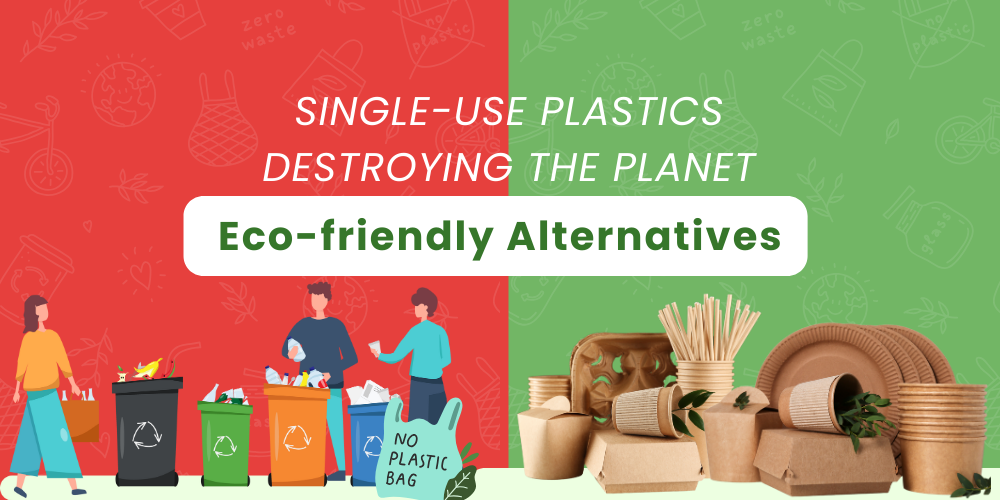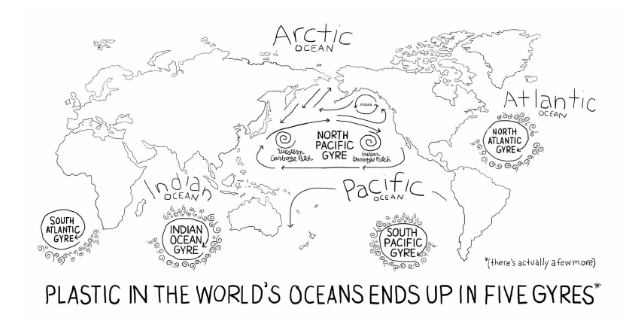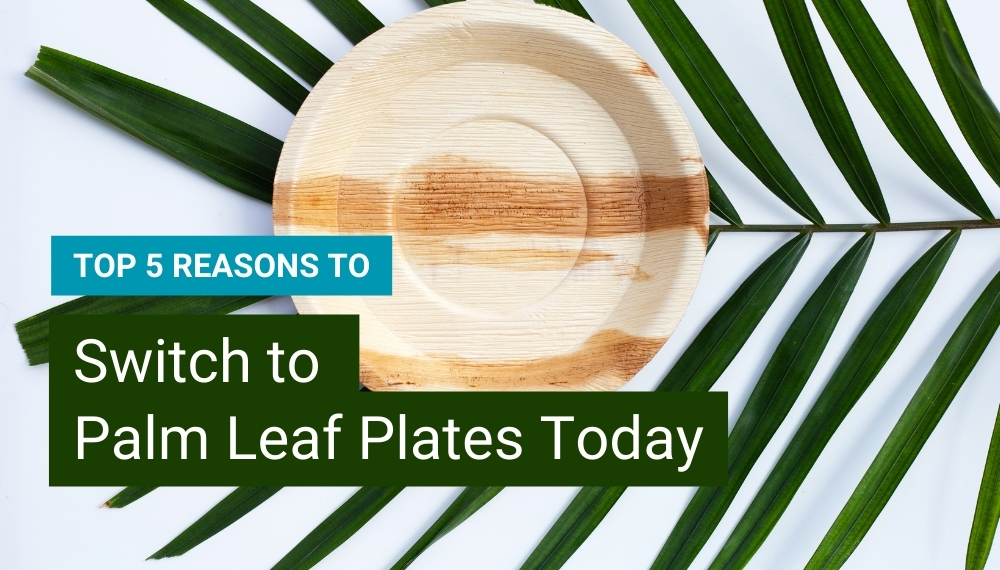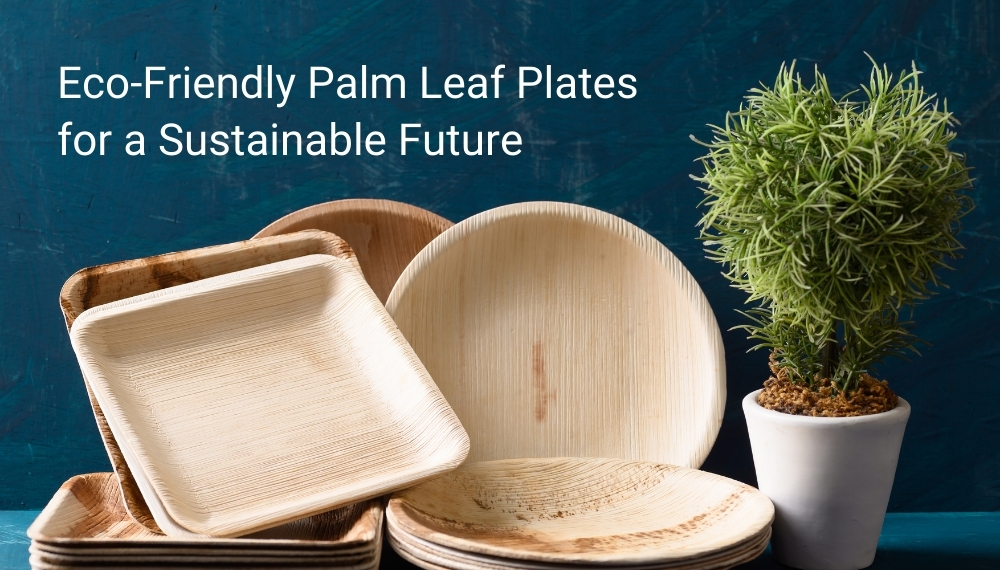The plastic industry is responsible for at least 232 million tons of planet-warming emissions each year, according to a report by Beyond Plastics.
Captain Charlie Moore’s 1997 discovery of the Great Pacific Garbage Patch spurred efforts to reduce disposable plastics. Kristal Ambrose’s Bahamas Plastic Movement led to a 2020 single-use plastics ban in The Bahamas. Jackie Nunez started The Last Plastic Straw to cut waste, and Melati and Isabel Wijsen’s Bye Bye Plastic Bags campaign resulted in plastic bag taxes in Indonesia. These initiatives, part of the Plastic Pollution Coalition, stress the need for sustainable alternatives to combat plastic pollution.
Why Are Single-Use Plastics a Problem?
Single-use plastics are a problem for several reasons. Firstly, they contribute to massive amounts of waste. Due to their convenience, single-use plastics are used in large quantities but are rarely recycled, leading to overflowing landfills and widespread environmental pollution. Secondly, their production and disposal contribute to greenhouse gas emissions, exacerbating climate change. Lastly, they pose significant threats to wildlife and marine ecosystems as they often end up in oceans, where they can be ingested by animals or break down into microplastics, entering the food chain.
According to Nikola Simpson, Head of the United Nations Development Programme’s Barbados and Eastern Caribbean Blue Economy Accelerator Lab, if current production rates continue, there will be more plastic than fish in the ocean by mid-century. Another study by “PLOS ONE” highlights the presence of microplastics (tiny plastic fragments) even in the deepest trenches of the sea, contaminating the marine food chain.
Environmental Impact of Single-Use Plastics
Waste Accumulation and Landfills
Single-use plastics contribute significantly to waste accumulation. Once discarded, these plastics take hundreds to thousands of years to decompose. This long decomposition period leads to overflowing landfills, where plastics can leach harmful chemicals into the soil and groundwater, causing environmental contamination.
Ocean Pollution
A significant portion of single-use plastics ends up in the oceans. Estimates suggest that millions of tons of plastic waste enter the oceans each year, forming large garbage patches like the Great Pacific Garbage Patch. These plastics harm marine life, entangle animals, and break down into microplastics, which are ingested by marine organisms, disrupting ecosystems and entering the food chain.
Wildlife Harm
Single-use plastics pose severe risks to wildlife. Animals often mistake plastic items for food, leading to ingestion, which can cause choking, intestinal blockages, and starvation. Additionally, plastic debris can entangle animals, leading to injuries, restricted movement, and even death.
Greenhouse Gas Emissions
The manufacturing and disposal of single-use plastics are major contributors to greenhouse gas emissions. The extraction and processing of fossil fuels for plastic production release large amounts of carbon dioxide, contributing to global warming. Additionally, when plastics are incinerated, they release toxic fumes and greenhouse gases, further exacerbating climate change.
Microplastics
As single-use plastics break down, they form microplastics—tiny plastic particles that are pervasive in the environment. Microplastics have been detected in water sources, soil, and even the air we inhale. These particles are difficult to remove and can have unknown long-term environmental impacts.
The Ripple Effect on Living Beings
Microplastics have been found in tap and bottled water, salt, beer, honey, oysters, clams, mussels, crabs, lobsters, and even inside humans. Scientists have found microplastics in people’s blood, lungs, and feces. The effects of microplastics on human health are still being studied, but they have been shown to cause liver and cell damage and disrupt reproductive systems in some species.
Health Impacts of Single-Use Plastics
Chemical Leaching
Single-use plastics often contain harmful chemicals such as bisphenol A (BPA) and phthalates. These chemicals can leach into food and beverages when plastics are used for packaging. Long-term exposure to these chemicals is linked to various health issues, including hormonal disruptions, reproductive problems, and increased risk of certain cancers.
Microplastics Ingestion
Microplastics have been detected in various food items and drinking water. Consuming these particles can pose health risks, as they may carry toxic substances and pathogens. The long-term health effects of microplastic ingestion are still being studied, but there is concern about their potential impact on human health.
Air Quality
The incineration of single-use plastics releases harmful toxins into the air, contributing to air pollution. Inhalation of these toxic fumes can lead to respiratory problems, cardiovascular diseases, and other health issues. Communities near incineration facilities are particularly at risk.
What is Single-Use Plastics and Common Single-Use Plastics
Single-use plastics are plastic products designed to be used once and then discarded. These items are typically not recycled and often end up in landfills, oceans, or the environment, where they can cause significant harm to wildlife and ecosystems. The convenience and low cost of single-use plastics have led to widespread usage, but their environmental impact has become a major concern. Some of the most common single-use plastics include:
- Plastic Bags: Widely used for carrying groceries and other items
- Plastic Bottles: Used for beverages like water, soda, and juice
- Plastic Straws: Commonly used for drinking beverages
- Plastic Cutlery: Includes forks, knives, and spoons often used for takeout food
- Plastic Cups: Used for serving cold beverages
- Plastic Plates: Disposable plates used at parties and events
- Plastic Packaging: Used for food, consumer goods, and shipping materials
- Plastic Wrappers: Used for snacks, candies, and various packaged foods
- Plastic Stirrers: Used for stirring coffee and other drinks
- Plastic Containers: Includes takeout containers and food storage containers
Eco Friendly Alternatives to Single-Use Plastics
Many eco-friendly options are available to tackle the issues caused by single-use plastics. One great alternative is using palm leaf products, which are sustainable and biodegradable for various disposable items.
Palm Leaf Plates and Bowls
Palm leaf plates and bowls are a fantastic eco-friendly alternative to plastic plates and bowls. These products are made from naturally fallen areca palm leaves, which are collected, cleaned, and shaped into sturdy, attractive tableware. They are biodegradable, compostable, and free from harmful chemicals, making them an excellent choice for parties, picnics, and events. The benefits of using palm-leaf plates for your events and parties include their eco-friendliness and natural aesthetic appeal.
Palm Leaf Trays
For serving larger quantities of food, palm leaf trays provide a sustainable option. These trays are durable and can hold a variety of dishes without leaking or breaking. They are perfect for catering and food service, offering an environmentally friendly solution to traditional plastic trays.
Palm Leaf Cutlery
Palm leaf cutlery is another excellent replacement for plastic cutlery. Made from the same areca palm leaves, these utensils are strong, reusable, and compostable. They provide a natural aesthetic and are ideal for both casual and formal dining.
Palm Leaf Cups
Palm-leaf cups offer a biodegradable alternative to plastic and paper cups. These cups are made from sturdy palm leaves and are suitable for both hot and cold beverages. They decompose naturally, reducing the environmental footprint of disposable cups.
Palm Leaf Food Containers
For takeout and food storage, palm leaf food containers are a sustainable option. These containers are leak-proof, sturdy, and free from harmful chemicals. They can be composted after use, making them a much greener choice compared to plastic or Styrofoam containers. You can also review a comparative analysis of palm leaf plates versus other eco friendly alternatives before making a final decision.
Reusable Bags
Switching from plastic bags to reusable cloth or mesh bags significantly reduces plastic waste. These bags are long-lasting, washable, and can be reused for years.
Stainless Steel Bottles
Instead of single-use plastic bottles, stainless steel bottles can be used repeatedly. They are durable, keep drinks cold or hot, and eliminate the need for disposable bottles.
Glass Containers
Glass containers are an eco-friendly option for storing food and beverages. They are reusable, recyclable, and do not release harmful chemicals.
Bamboo Cutlery
Bamboo cutlery is a biodegradable and eco-friendly alternative to plastic cutlery. It is lightweight, reusable, and compostable.
Silicone Food Storage Bags
Silicone bags can replace plastic zip-lock bags. They are reusable, durable, and can be used for freezing, cooking, and storing food.
Beeswax Wraps
Beeswax wraps are a fantastic substitute for plastic wraps. They are reusable, biodegradable, and ideal for wrapping food items.
Compostable Plates and Utensils
Made from materials like cornstarch or sugarcane, compostable plates, and utensils break down naturally and are a better option for disposable tableware.
Palm Leaf Straws
Palm leaves are a biodegradable alternative to plastic straws. They decompose quickly and are made from naturally fallen leaves.
Cotton Produce Bags
Cotton produce bags can replace the plastic bags used for fruits and vegetables. They are washable and reusable.
Stainless Steel or Bamboo Stirrers
Instead of plastic stirrers, stainless steel or bamboo stirrers can be used and reused, reducing waste and promoting sustainability.
By the end of 2024, the United Nations is anticipated to finalize a legally binding agreement addressing plastic pollution.
Wrap-Up
We can’t turn a blind eye to the havoc single-use plastics are wreaking on our planet. But this fight has a powerful message: change is possible, and it starts with us. We can rewrite the narrative by adopting eco friendly alternatives, like the innovative world of palm leaf products. Together, we can create a ripple effect of positive change, leaving a legacy of a healthier planet for generations to come.
Looking to put the “wow” in eco-friendly? Check out palmware! We are an eco-friendly palm leaf tableware manufacturer that offers a sustainable alternative to traditional disposable tableware. Our manufacturing process is designed to ensure high-quality products with minimal environmental impact. We use a state-of-the-art facility and a skilled team to produce hygienic and beautiful palm leaf dinnerware.
Head to our Manufacturing Process page to see our commitment to ethical production, and browse our Products to find the perfect palm leaf plates for your next gathering! Reach out for orders or more insights into our products.
Help us spread the word about sustainable alternatives! Share your thoughts in the comments!



